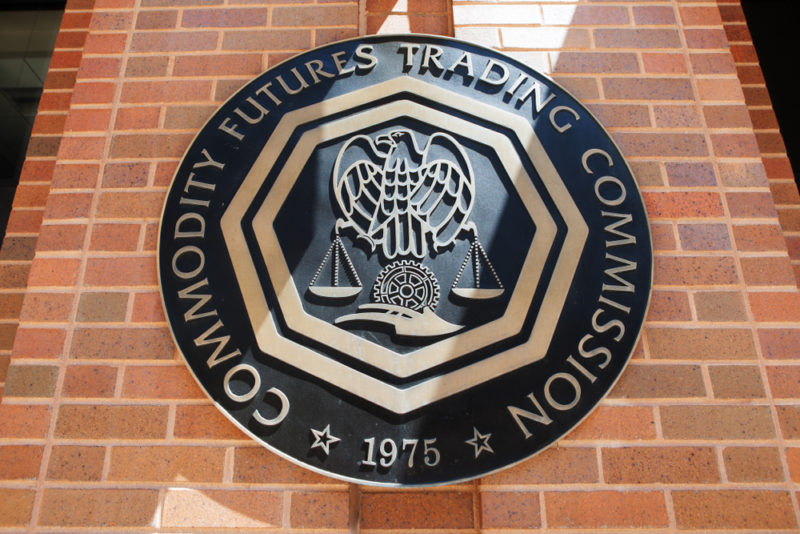The Securities and Exchange Commission (SEC) has charged former cryptocurrency exchange BitFunder and its founder with fraud.
The regulator claimed that BitFunder and founder Jon E. Montroll functioned as an “unregistered securities exchange” and swindled users of that exchange, a statement by the SEC said.
“Platforms that engage in the activity of a national securities exchange, regardless of whether that activity involves digital assets, tokens, or coins, must register with the SEC or operate pursuant to an exemption,” said Marc Berger, the director of the SEC’s New York office.
The SEC statement went on the reveal that Montroll had also failed to inform the agency about a cyberattack on the exchange’s system and a bitcoin theft that happened as a result of that said malicious attack.
“We will continue to vigorously police conduct involving distributed ledger technology and ensure that bad actors who commit fraud in this space are held accountable,” stated Lara S. Mehraban, Associate Regional Director of the SEC’s New York office in the same statement.
The U.S. Attorney’s Office for the Southern District of New York also filed a complaint against Montroll for “perjury and obstruction of justice during the SEC’s investigation.”.
BitFunder shut down just one year after its launch in December 2012. The site’s end came on the heels of the Global Bitcoin Stock Exchange shutdown in October 2012 and btct.co’s shutdown in October 2013.
The charges emphasized the uncertainty surrounding whether bitcoin and other cryptocurrencies should be considered as securities or not. It remains vageue whether the coins are utility tokens or securities that would fall under the SEC’s supervision, and many start-ups have banned U.S. residents from officially partaking in token sales as a result.
The regulator has ramped up its efforts to bear down on cryptocurrency-related fraud in the past months, with numerous investor bulletins, stock trading suspensions and initial coin offering halts.
Just recently, the commission provisionally ceased trading in three tiny stocks because of questions about announcements associated with blockchain and cryptocurrency investments.
And just last month, the SEC put a stop to and froze the assets of AriseBank, which claimed to have raised $600 million in the largest initial coin offering in recent memory.
SEC Chairman Jay Clayton has also critical of late, about cryptocurrencies. He said in a hearing before the Senate Banking Committee that federal financial agencies might ask Congress for more legislation on cryptocurrency-related operations.
He also remarked that he is “not satisfied” when people think cryptocurrency trading platforms have similar safeguards as that of a stock exchange.

 Business5 days ago
Business5 days ago
 Bitcoin3 days ago
Bitcoin3 days ago
